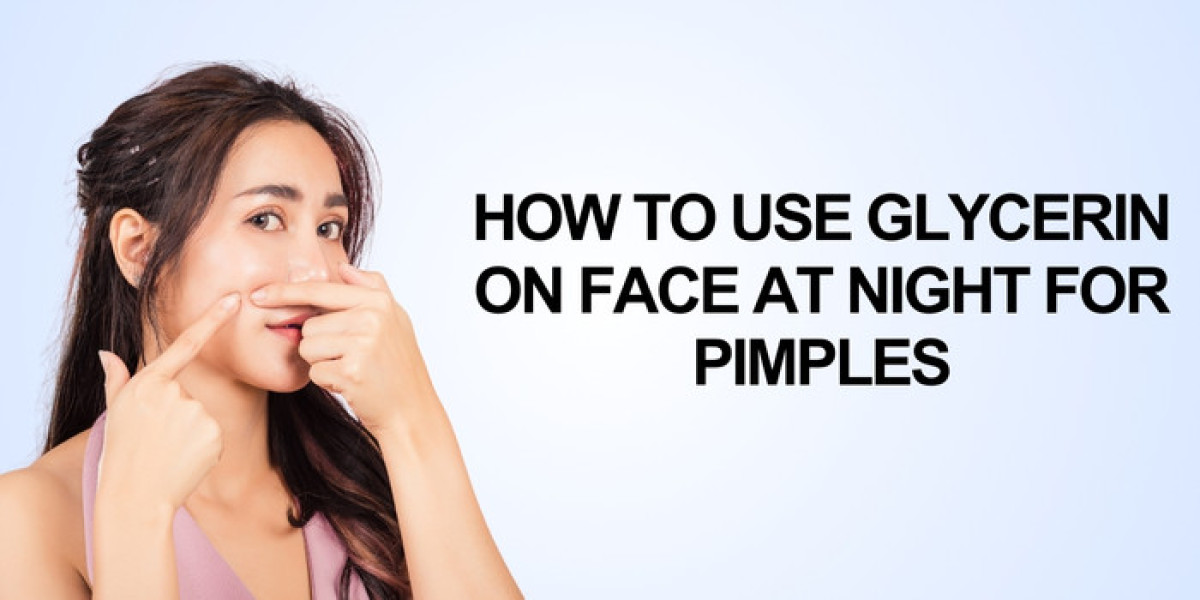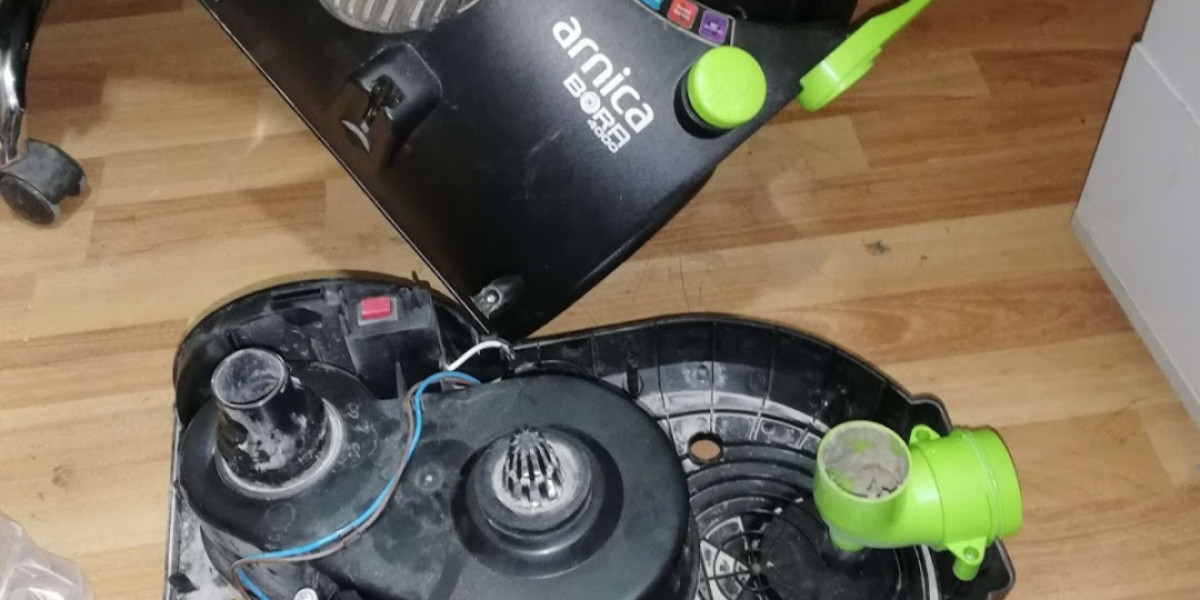Glycerin, a humectant known for its exceptional hydrating properties, can be a valuable addition to your nighttime skincare routine. While it's not a direct acne treatment, glycerin can indirectly help manage pimples by improving skin health and reducing dryness, which can exacerbate acne breakouts.
Understanding Glycerin
Glycerin works by drawing moisture from the environment and binding it to your skin, effectively replenishing lost hydration. This helps to improve skin texture, reduce the appearance of fine lines, and create a protective barrier against environmental aggressors.
Benefits of Using Glycerin for Acne-Prone Skin
- Hydration: Dry skin can contribute to acne breakouts. By keeping your skin well-hydrated, glycerin can help reduce the likelihood of pimples forming.
- Improved Skin Texture: Glycerin can help to refine skin texture, reducing the appearance of pores and preventing clogged pores, which can lead to acne.
- Skin Barrier Protection: A healthy skin barrier helps to prevent bacteria and other irritants from entering the skin, reducing the risk of acne breakouts.
How to Use Glycerin for Acne-Prone Skin
- Cleanse Gently: Use a gentle cleanser to remove dirt, oil, and impurities from your skin without stripping away natural oils.
- Apply Glycerin: After cleansing, apply a few drops of pure glycerin directly to your damp face. Massage it gently into your skin.
- Moisturize: Follow up with a non-comedogenic moisturizer to lock in the hydration and prevent dryness.
- Consistency is Key: For best results, use glycerin consistently as part of your nighttime skincare routine.
Additional Tips for Managing Acne
- Gentle Exfoliation: Exfoliate your skin gently once or twice a week to remove dead skin cells and prevent clogged pores.
- Avoid Harsh Products: Avoid using harsh, alcohol-based products that can irritate your skin.
- Healthy Diet: A balanced diet rich in fruits, vegetables, and whole grains can support overall skin health.
- Stress Management: High levels of stress can contribute to acne breakouts. Practice stress-reducing techniques like meditation or yoga.
Conclusion
While glycerin may not be a direct acne treatment, it can play a supportive role by improving skin health and hydration. By incorporating glycerin on face for your nighttime skincare routine and following other acne management tips, you can help reduce the appearance of pimples and achieve a clearer complexion.








